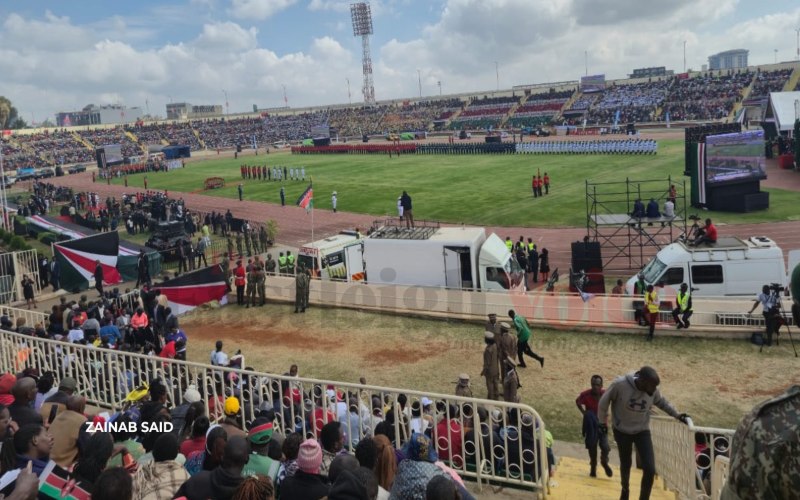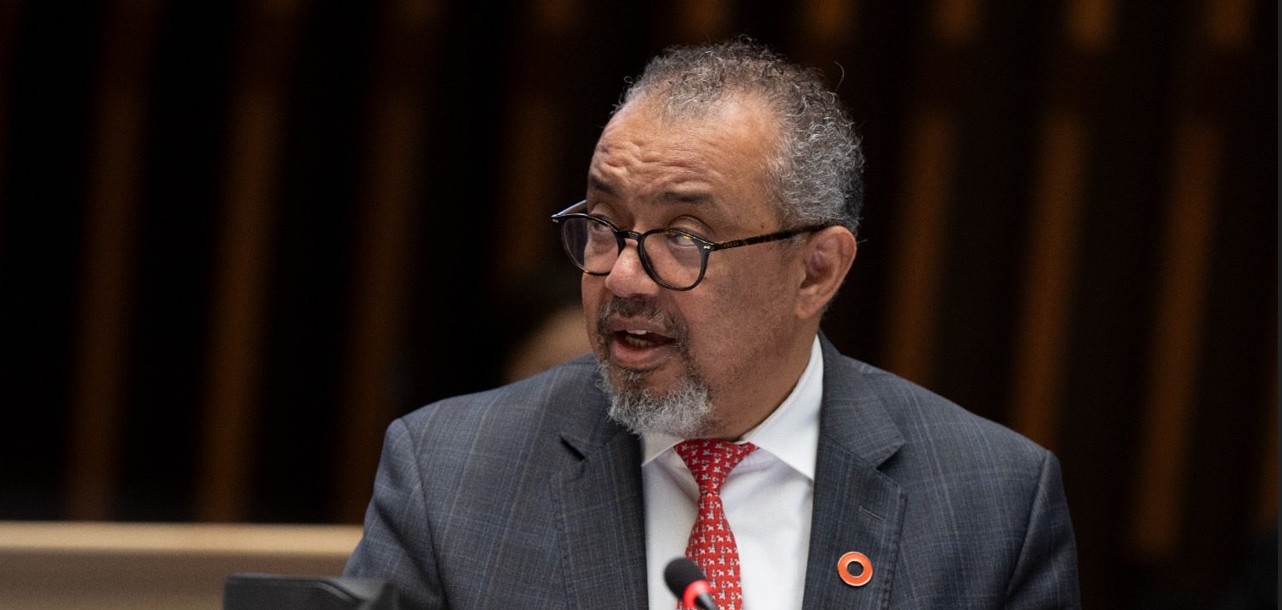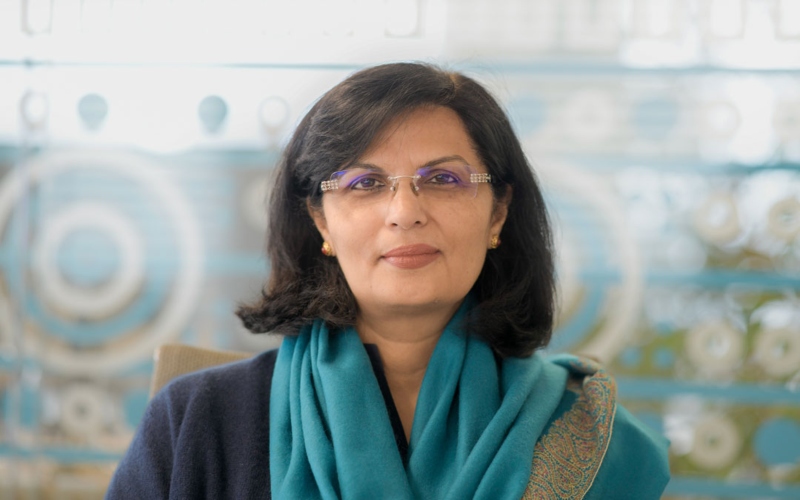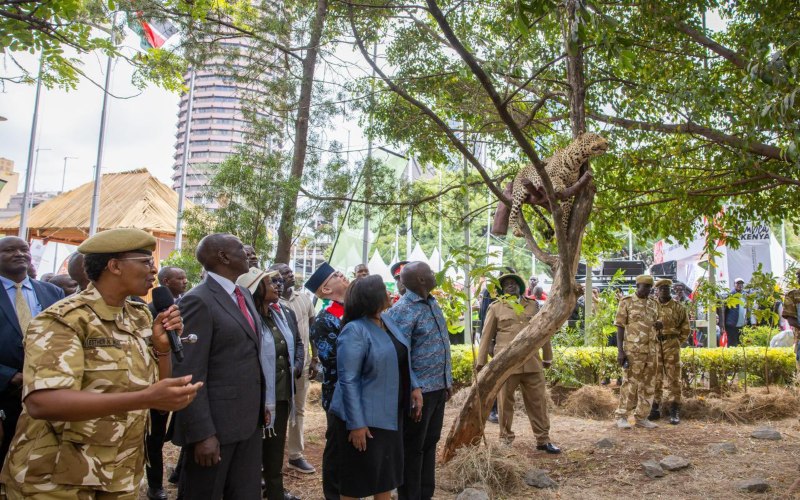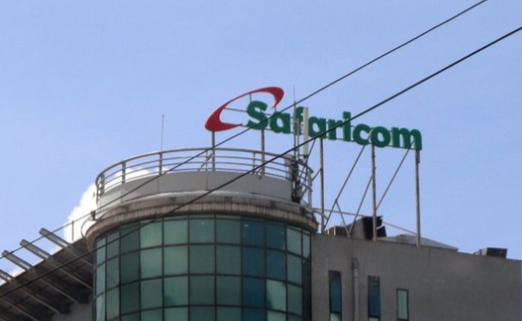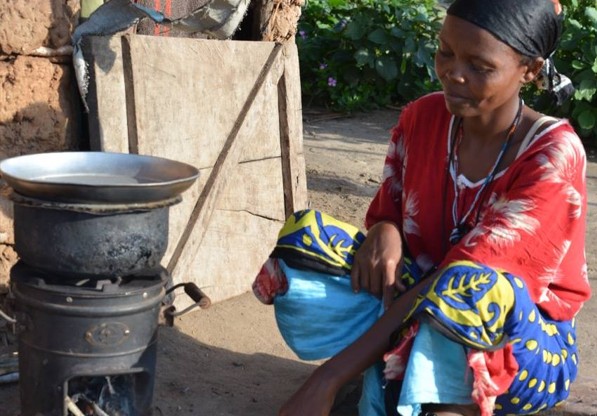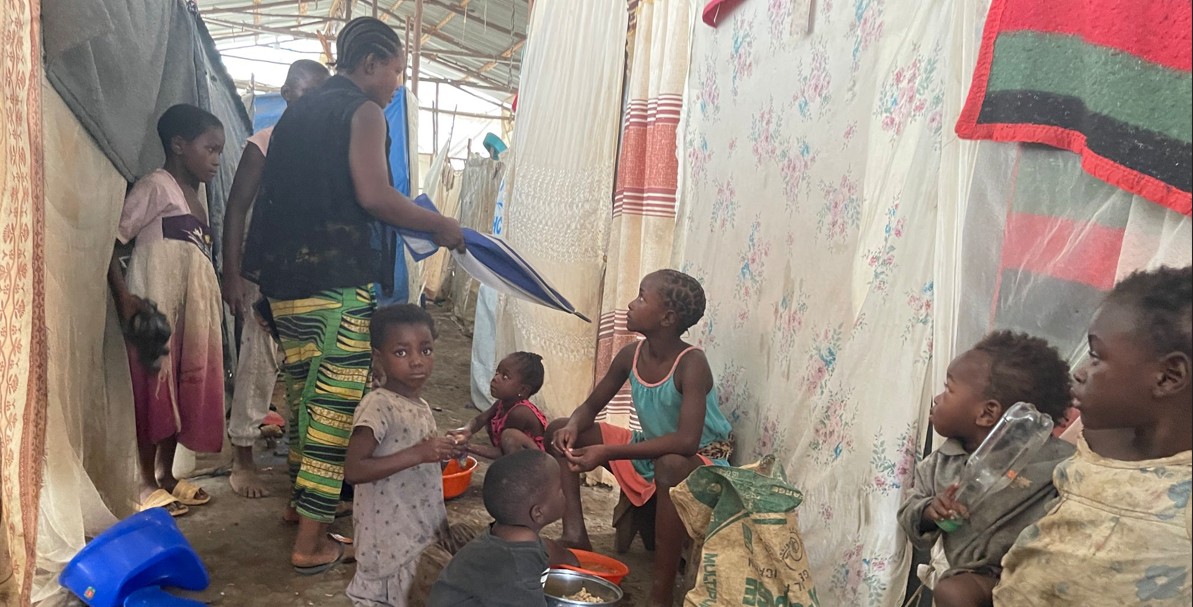Africa Day: Celebrating milestones in pursuit of continental progress

This year’s theme, “Educate an African Fit for the 21st Century,” highlights education's pivotal role in shaping the continent’s future.
Saturday marks Africa Day, a momentous occasion that celebrates the diverse and dynamic continent, recognising its people's contributions on the global stage.
This year’s theme, “Educate an African Fit for the 21st Century,” highlights education's pivotal role in shaping the continent’s future.
More To Read
- Experts warn developing nations’ debt burden denies millions essential services
- Kenya among first to receive Ethiopian exports under historic AfCFTA launch
- Africa’s agri-food trade more than doubles, but hunger still soars - report
- 60 per cent of Africans don’t believe democracy is working in their interests - how parliaments can fix the problem
- State to ease import rules for manufacturers in bid to cut production costs
- African leaders urge US to ramp up investment, rethink tariffs
The theme encapsulates a vision for transforming Africa's education systems to equip its youth with the skills, knowledge, and competencies necessary to thrive in a rapidly evolving world.
This vision encompasses embracing digital literacy, promoting critical thinking, ensuring inclusivity, fostering global competence, encouraging lifelong learning, integrating sustainability, and enhancing vocational education.
In a call to action as Africa Day is marked this year, the African Union (AU), which recognises education as a cornerstone for sustainable development and prosperity, said, "We call upon all stakeholders across all sectors to join us in this transformative journey. Education is not just a foundational element for individual success but a foundation for the sustainable development and prosperity of our entire continent."
Status report
Historically, education in Africa has been shaped by colonial legacies, post-independence reforms, and socio-economic challenges. Colonial education systems were often limited, focusing on basic literacy and vocational training to serve colonial interests.
Post-independence, many African nations sought to overhaul their education systems to expand access and relevance to meet national development goals.
Despite progress, the continent faces significant education challenges. According to UNESCO, sub-Saharan Africa has the highest rates of educational exclusion, with more than one-fifth of children aged 6 to 11 out of school.
Furthermore, nearly 60 per cent of youth aged 15 to 17 are not in school. Factors contributing to this include inadequate infrastructure, insufficient teacher training, and socio-economic barriers such as poverty and gender inequality.
Today, African education systems vary widely in quality and access. Some countries, like South Africa and Kenya, have made notable strides in expanding access and improving quality.
Kenya, for instance, implemented free primary education in 2003, significantly increasing enrollment rates. Similarly, Rwanda’s focus on ICT in education has positioned it as a leader in digital learning on the continent.
However, many African countries continue to grapple with severe serious challenges. War-torn nations like South Sudan, the Central African Republic, and Somalia face immense difficulties in providing stable and continuous education.
In conflict zones, schools are often targeted, leading to the destruction of infrastructure and the displacement of students and teachers. UNICEF reports that nearly 2.8 million children in South Sudan are out of school, the highest proportion of out-of-school children in the world.
The AU said, "Education is not just a foundational element for individual success but a foundation for the sustainable development and prosperity of our entire continent."
Milestones
Despite numerous challenges in education and other sections, however, Africa has witnessed significant advancements and developments across various sectors since the establishment of the Organisation of African Unity (OAU) in 1963.
In the mid-20th century, Africa was a continent in flux. Many nations were emerging from the shackles of colonialism, striving for sovereignty and self-determination. The winds of change were sweeping across Africa, inspired by leaders such as Kwame Nkrumah of Ghana, Jomo Kenyatta of Kenya, and Haile Selassie of Ethiopia.
On May 25, 1963, representatives from 32 African nations convened in Addis Ababa, Ethiopia, to establish the OAU. This key event laid the groundwork for a collective African identity and mutual support.
The OAU's primary objectives were to eradicate all forms of colonialism, promote unity and solidarity, defend sovereignty, and accelerate the socio-economic integration of the continent.
By the late 20th century, the OAU had made significant strides in promoting decolonization and unity, but it faced criticism for its inability to address civil conflicts and economic challenges effectively.
Recognising the need for a more robust and dynamic organisation, African leaders spearheaded the transformation into the AU in 2002, a key achievement.
The AU's mandate expanded to include a stronger emphasis on democracy, human rights, and sustainable development. Thus far, key achievements under the AU include Agenda 2063 and the African Continental Free Trade Area (AfCFTA), initiatives poised to transform the continent.
Other key achievements for the African continent include:
Political stability and democratisation
Africa has made strides in achieving political stability and democratisation since the 1960s. Many countries have transitioned from authoritarian regimes to multiparty democracies, with regular elections and peaceful transfers of power.
For instance, South Africa's transition from apartheid to democracy in 1994 under Nelson Mandela's leadership marked a historic milestone in Africa's political evolution, inspiring hope for reconciliation and unity.
Kenya's political reforms in the early 2000s, including the repeal of repressive laws and the establishment of a more inclusive political system, contributed to greater political participation and stability.
Economic growth and diversification
Africa has experienced significant economic growth and diversification ver the last few decades, fueled by increased investment, trade liberalisation, and infrastructure development.
An example is the rise of Nigeria as Africa's largest economy, driven by its oil and gas sector, telecommunications industry, and burgeoning fintech sector.
There is also the emergence of Ethiopia as a regional economic powerhouse, with sustained GDP growth averaging over 10 per cent per year, driven by investments in infrastructure, manufacturing, and agriculture.
Infrastructure development
Infrastructure development has been a key priority for many African countries, with significant investment in transportation, energy, and telecommunications infrastructure.
Examples include the construction of mega-infrastructure projects such as the Grand Ethiopian Renaissance Dam (GERD), to provide electricity to millions of Ethiopians and facilitate regional energy cooperation.
Another example is the expansion of transportation networks, including the construction of modern highways, railways, and ports, such as the Mombasa-Nairobi Standard Gauge Railway (SGR) in Kenya.
Healthcare and education
Improvements in healthcare and education have contributed to significant gains in human development indicators across Africa.
Notable are the reduction in child mortality rates and the expansion of healthcare services, including the establishment of community health clinics and the deployment of mobile health technologies to remote areas.
There are also investments in education, including the expansion of primary and secondary school enrollment rates, the establishment of vocational training centres, and the promotion of STEM to foster innovation and entrepreneurship.
Technological innovation
Africa has become a hotbed of technological innovation, with startups and entrepreneurs driving digital transformation across various sectors.
The rapid growth of mobile money services such as M-Pesa in Kenya, for instance, has revolutionised financial inclusion and facilitated access to banking services for millions of people.
There is also the emergence of tech hubs and incubators across Africa, such as Silicon Savannah in Kenya and the Africa Fintech Foundry in Nigeria, which have fostered entrepreneurship and innovation in areas such as fintech, e-commerce, and agritech.
Regional integration and cooperation
Regional integration and cooperation have gained momentum in Africa, with the establishment of regional economic communities (RECs) and the implementation of initiatives such as the African Continental Free Trade Area (AfCFTA).
The formation of the East African Community (EAC), the Southern African Development Community (SADC), and the Economic Community of West African States (ECOWAS) have promoted economic integration and cooperation among member states.
The launch of the AfCFTA in 2021, a single market for goods and services, is facilitating the free movement of people and investments and boosting intra-African trade and economic growth.
United Nations Secretary-General António Guterres, in his message on the occasion of Africa Day, said, "We celebrate this dynamic and diverse continent and the contributions of Africans to our world. The continent’s young and growing population, its rich natural resources, its breathtaking beauty, and its cultural diversity give it outsize potential."
He added, "We need to rescue the Sustainable Development Goals. This will require, among other actions, that we reform the international financial architecture so developing countries can access the resources they will need to invest in the future of their people — including strengthening education systems, this year’s African Union theme."
Top Stories Today
